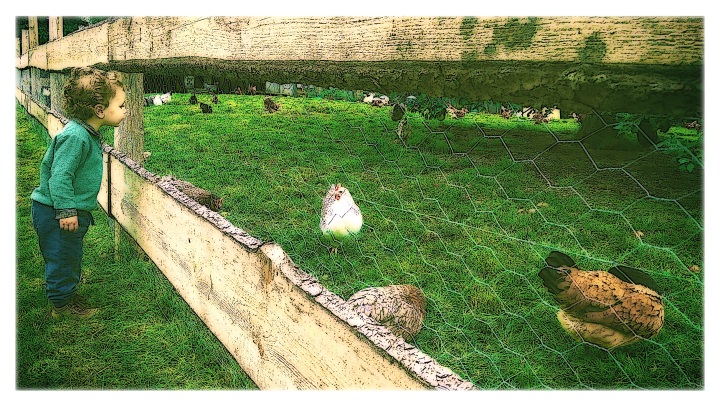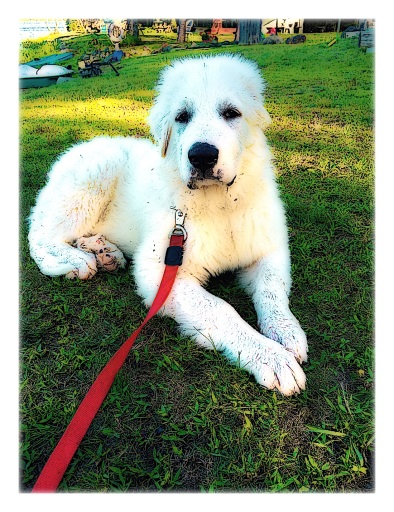I love my chickens—probably too much. I’m convinced one of the best decisions we ever made for our family was getting chickens and starting this whole homesteading thing. Our hens provide us with breakfast every morning and constant entertainment, but they also provide us with a sad backyard.
If you’re thinking about getting chickens, I would highly recommend them, but I should only fairly warn you that you won’t be able to have anything nice with those little dinosaurs running around your yard.
I’ll start with this image. See this beautiful backyard shed and magical flower garden? This does not belong to me. I was visiting with my neighbor this summer and realized that she has a magical flower garden that is breathtakingly beautiful.

Then, I headed home to see my own backyard full of holes our chickens have dug for their dust baths, despite having their very own sand box to dust bathe in.
It was a little disheartening.
I see the paint the chickens have pecked off of our shed door, the one I was so proud of when my husband painted it red because red is one of my favorite colors.

I see the holes in the yard where our chickens are either trying to dust bathe or dig to the center of the earth.

I see the patches of yard where grass will never again grow because they are high-traffic areas for those cute little chicken feet.
And it’s not like our chickens don’t have a ton of room. They have like ¾ of an acre fenced off with trees, a sand box, a beautiful, sturdy coop, two waterers that are refreshed every day. And there’s only 20 of them. They’re living the good chicken life. They are just a little destructive.
I love our chickens, but potential chicken mamas should know, you won’t be able to have anything nice. I keep hearing my mom’s voice saying “We can’t have ANYTHING nice around here.”
Now, I’m not saying I would have a beautiful garden like my neighbor’s garden, where surely the fairies live, if we didn’t have chickens, but I’m thinking we could do better.
This summer, my husband talked about building a flower garden in the middle of the chicken area to help fancy the place up.
I just laughed.
So, if you’re considering backyard chickens, just know they’re going to be a little destructive. You can’t let your chickens in your vegetable garden until all the plants are pretty big. Those chickens will dig up everything you plant and eat your green leafy veggies. They will tear up your flowers for sure and replace them with dust baths. And, for some reason, they will peck at your paint. They will peck and scratch and dig holes that you fall into when it’s dark and you have to walk through your yard. You will curse at your chickens for sure when you nearly break your ankle and fall to the ground.
And, just in case you don’t believe me, I’ve added photo evidence from other chicken mamas.
First, good luck decorating for Halloween…


And your chickens will have to be involved in everything, and they really like to poop as well…

And chicken poop on your computer is always nice…

But you will love those little T-Rexes anyway. Because, in addition to tearing up your yard and making sure you don’t have anything nice, those chickens will steal your whole heart. And, when you have a chicken jump into your lap and give you a big chicken hug, you’ll forget all about those holes in your yard and your half-eaten pumpkins on your doorstep!








